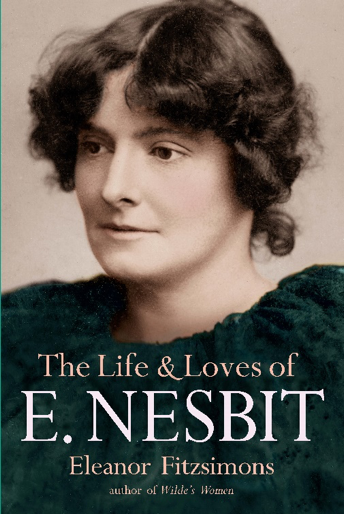William Morris, British textile designer, poet, novelist, translator, and socialist activist, died on this day in 1896. We know him best, perhaps, for his beautiful, intricate designs but he was passionate about social reform and this consumed much of his energy during his lifetime.

In 1882, disillusioned with the creeping commercialism that had gripped society, Morris joined the radical Social Democratic Federation (SDF), founded by Henry Mayers Hyndman, a devotee of Karl Marx. Hyndman realised that Morris could be relied upon to deliver a fiery sermon and welcomed him with enthusiasm. He left a wonderful description:
“His [Morris’s]imposing forehead and clear grey eyes, with the powerful nose and slightly florid cheeks, impressed upon you the truth and importance of what he was saying, every hair on his head and in his rough shaggy beard appearing to enter into the subject as a living part of himself.”
Morris addressed SDF meetings throughout the UK, insisting that beauty had a place in any workable model for a socialist future. By December 1884, he had decided that the SDF was not sufficiently revolutionary, and he left to help establish the Socialist League. He was co-author of its manifesto.
When Hubert Bland, a founder member of the Fabian Society and husband of writer Edith (E.) Nesbit, learned that “William Morris was calling himself a Socialist,” he decided
“If William Morris was a Socialist, whatever else Socialism might be it would not be ugly.”
It was then that Hubert
“turned to the Socialists, who just then were beginning to make a clamour.”
He might not have been so effusive had he overheard Morris tell trade unionist and Labour politician John Lincoln Mahon
“The debate at the Fabian last night was a very absurd affair only enlivened by a flare up between me & that offensive snob Bland.”
Edith too admired Morris, who was a leading light in the vibrant Pre-Raphaelite movement. She was drawn to what Hubert described as the “simple, beautiful ideals of mediaeval England” that Morris incorporated into his painting and poetry. She saw these as an antidote to the “insistent sordidness and blatant ugliness” that had crept into society.

Edith and Hubert included a pen portrait of Morris in Something Wrong, a serial they wrote for the Weekly Dispatch. In The Story of the Amulet (1906), Edith’s fictional children travel forward in time to a verdant, utopian London where school is delightful, mothers and fathers share the burden of childcare, and everyone dresses in comfortable clothing. This episode is inspired by Morris’s novel News from Nowhere (1900) in which he envisaged a utopian society founded on common ownership and democratic control of the means of production.
You can read more about the Blands and their relationship with William Morris in The Life and Loves of E. Nesbit, published on 17 October by Duckworth.


Looking forward to your biography, not long now! And I must reread the Nesbit novel, I’d almost forgotten that future time-travelling episode. I must also give A S Byatt’s The Children’s Book another go — that patently seemed to be modelled on Bland and Nesbit but for some reason I stalled a couple of chapters in.
Thanks! Do you know I struggled after a couple of chapters of the Byatt book too. She writes beautifully (Possession is one of my favourite books) but I think it flags a bit at that point.